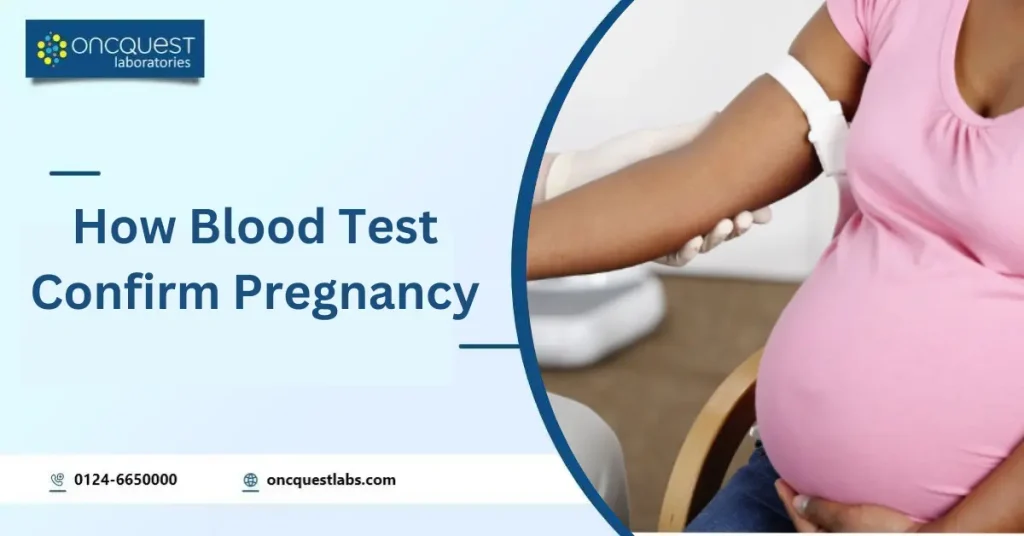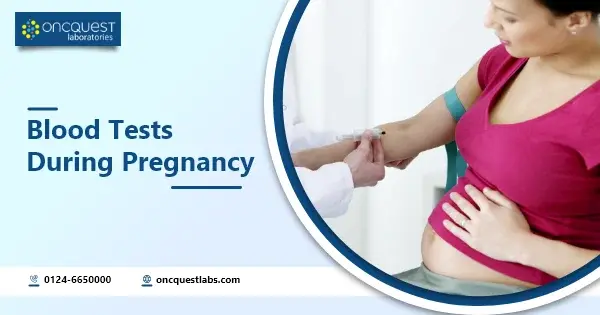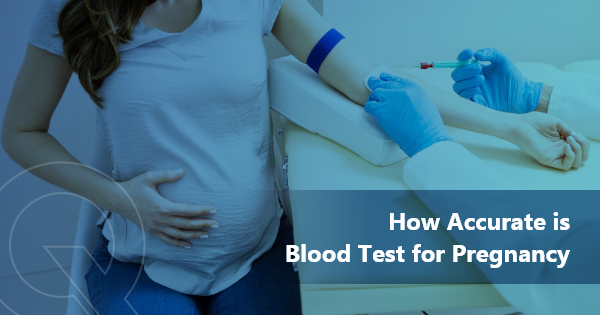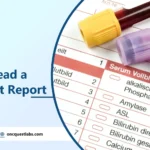Confirming a pregnancy is a pivotal moment, marking the beginning of an exciting yet demanding journey. Early detection is critical as it allows for timely prenatal care and lifestyle adjustments that benefit both the mother and the developing baby. Blood tests are among the most reliable methods to confirm pregnancy.
Contents
Basics of Pregnancy Blood Tests
Types of Blood Tests for Pregnancy
Quantitative hCG Blood Test: This test measures the exact amount of human chorionic gonadotropin (hCG) in the blood. It provides specific levels that can help determine the age of the fetus and detect potential issues early on.
Qualitative hCG Blood Test: This test simply checks for the presence of hCG in the blood, providing a straightforward “yes” or “no” answer to whether you are pregnant.
Procedures for Pregnancy Blood Testing
Preparing for the Test
When to Take a Blood Test
Blood tests can typically detect pregnancy about 7-12 days after conception, earlier than most home pregnancy tests.
Factors to Consider
It’s best to consult with your healthcare provider to determine the optimal timing for the test based on your menstrual cycle and symptoms.
The Science Behind Pregnancy Blood Tests
Human Chorionic Gonadotropin (hCG) Hormone
What is hCG?
Human chorionic gonadotropin is a hormone produced by the placenta shortly after the embryo attaches to the uterine lining.
Role of hCG in Pregnancy
hCG supports the corpus luteum, allowing it to produce progesterone, which maintains the uterine lining and supports early pregnancy.
Understanding Qualitative hCG Results
Positive vs. Negative Results
A positive result indicates pregnancy, while a negative result means no hCG was detected in the blood.
What a Positive Result Means
Confirmation of pregnancy should be followed by a consultation with a healthcare provider to discuss next steps.
Potential Issues and Complications
False Positives and False Negatives
Causes and Implications
False results can occur due to various factors, including certain medications and medical conditions. It’s important to follow up with your healthcare provider if you have concerns about your test results.
Steps to Take if Results are Unexpected
Additional testing and consultations can help clarify any discrepancies and ensure accurate diagnosis.
Summary
Recap of Key Points
Blood tests for confirming pregnancy are highly accurate and can detect pregnancy earlier than home tests. Understanding the types of blood tests, how they work, and how to interpret results is crucial for expectant mothers.
Final Thoughts
Early detection and proper prenatal care are essential for a healthy pregnancy journey. Consult with healthcare providers to ensure you receive the best care and guidance throughout your pregnancy.
Frequently Asked Questions (FAQs)
When is the Best Time to Take a Blood Pregnancy Test?
The best time is usually 7-12 days after conception or around the time of a missed period.
How Soon Can a Blood Test Detect Pregnancy?
Blood tests can detect pregnancy as early as 7-12 days after conception.
What Should I Do if My Blood Test is Positive?
Schedule a follow-up appointment with your healthcare provider to discuss next steps and start planning your prenatal care.
Can Medications Affect Pregnancy Blood Test Results?
Some medications can affect results. Always inform your healthcare provider about any medications you are taking.





